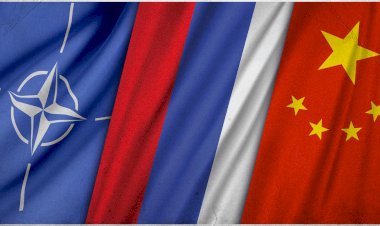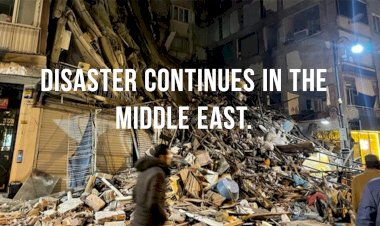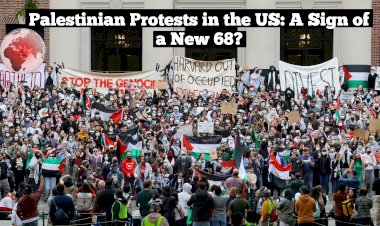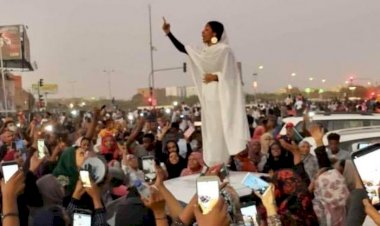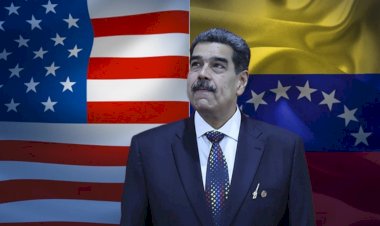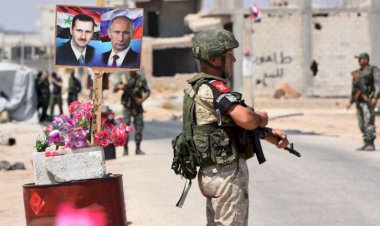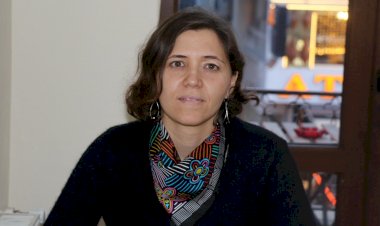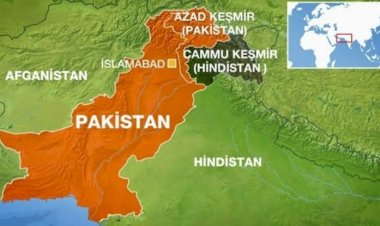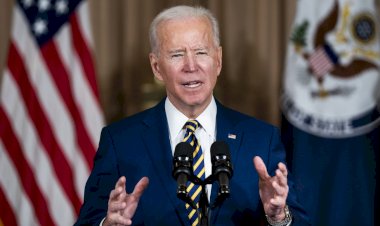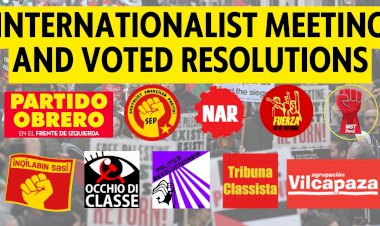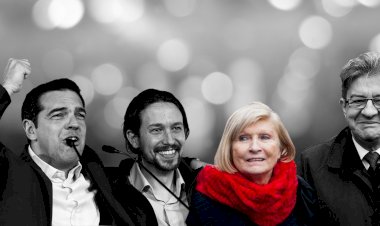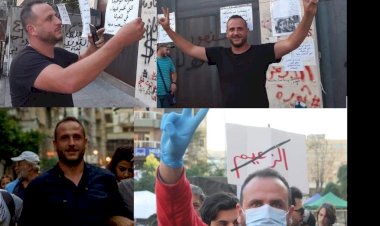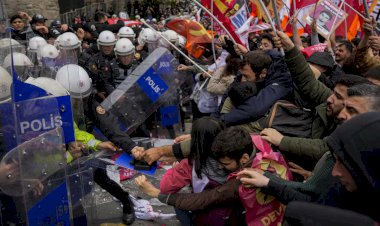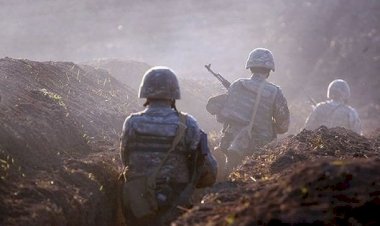Interview with Cele Fierro on Pandemic, Crisis, Struggles and Left in Argentina.
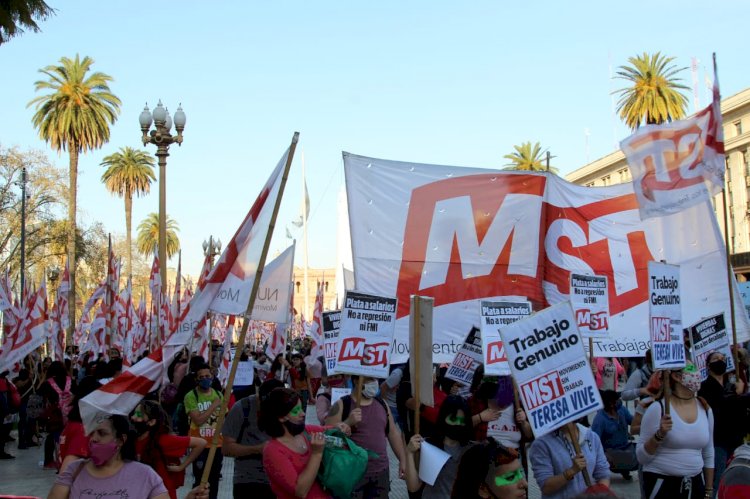
Interview with Celeste Fierro, national leader of the MST Argentine section of the ISL
 Although the government started imposing restrictions in March, the death toll hit 30 thousand in October in Argentina. How does the Peronist Alberto Fernandez government responses the coronavirus pandemic?
Although the government started imposing restrictions in March, the death toll hit 30 thousand in October in Argentina. How does the Peronist Alberto Fernandez government responses the coronavirus pandemic?
The main problem is that quarantine was adopted as the only measure against the pandemic. It began at the end of March, but it was not accompanied by measures like massive tests to target and stop the circulation of the virus, no progress was made in unifying the health system, nor was a sufficient budget allocated to guarantee the entire population equal access to the social right to healthcare and put an end to private sector entrepreneurs profiting from the disease. Nor was there a real and sufficient public policy to avoid the economic crisis, exacerbated by the pandemic, striking working families, for example with measures such as an emergency universal income, suspending layoffs, suspensions or forcing employers to pay 100% of wages. The government did none of this, and ended up yielding to pressure from the bourgeoisie and sectors of the reactionary political right, which pushed for lifting the quarantine, and succeeded in making this happen. Week after week, branches of non-essential economic activities were opened and many workers were infected because of the lack of protocols and protection elements, as there was no oversight either. The health system reached critical weeks, mainly in the Federal Capital and the Province of Buenos Aires, both on the verge of collapse. But instead of containing the situation, the opening of activities caused the virus to reach provinces that had had 0 infections the first months, and it now affects the entire country, with provinces in more complex situations such as Neuquén or Río Negro in Patagonia, or Tucumán in the North of the country, where health systems have suffered a significant attack due to underfunding and today this is reflected in the shortage of health personnel, which suffers from severe job insecurity, such as the lack of supplies, beds, and elements to face the increase in cases throughout the country.
Argentina is a country of deep economic crisis and sharp class contradictions. Since October 2019, the world is shaken by protests and uprisings. Although the revolutionary left is a considerable force, we have not seen such a process in Argentina. How do you explain this?
The bourgeoisie, the traditional political parties, with the support of the union bureaucracy, had the policy of channeling the anger towards the presidential elections that were held on October 27, 2019, to prevent the struggles from developing, and thus avoid the fall of the government through mobilization, something that was on the table on several occasions.
Throughout the government of Mauricio Macri, struggles were expressed, and it was the mobilizations and the days where the working class took to the streets, surpassing resistance the union bureaucracy, which managed to prevent Macri from advancing with all the structural changes that he had proposed: such as labor reform to remove more rights and adjust workers. There were struggles in different sectors, but the Peronist political and union leadership went to great lengths to impose the line that "there is 2019," stating that, via the presidential elections of that year, they would end the policy of debt and austerity that Macri had been sustaining. After the primary elections in August 2019, a very important political crisis began, during which the possibility of Macri stepping down early was raised. But again the policy of the traditional opposition, mainly the Justicialist Party, was to avoid any action that would generate the mobilization of the mass movement. This is so, because they know that they cannot control the mobilized people, so once again the regime's institutions channel the anger from below through elections.
In our country, the left is mainly identified with Trotskyism and particularly with the Left Workers Front Unity (FIT-U), which our party, the MST, is currently a part of. The different Stalinist variants have no political influence and have joined the front led by Peronism. Although we have achieved a significant insertion of the working class, the women´s movement and the youth, in addition to an important electoral turnout, we are not yet seen as an option for power by a significant layer of the mass movement. In part, this is the responsibility of the parties that made up the FIT until last year, since they not only refused to expand the front but also circumscribed it exclusively to the electoral field, refusing to put it at the service of the class struggle and permanently showcasing its alternative to the masses. Our growth forced them to allow our entry last year and form the FIT-Unity. We have since been fighting to reverse these deficiencies, though there is significant resistance, particularly from the Partido Obrero -which is going through a very big crisis- to reverse the course.
In any case, during the period from December 2017 to months before the elections, there were struggles, resistance, and the left played a role. For example, in the December 2017 days against the pension reform, which managed to stop the labor reform, which was Macri´s next step to deepen the austerity, exploitation and job insecurity. This is why we continue to be an important actor and a point of reference for an important sector of labor, popular, youth, and gender activism.

Since the end of July, homeless people had begun to settle on the land in the Guernica neighborhood as they could not afford their rents. Can you tell us more about the housing problem and the land ownership in Argentina and the occupation?
In most cases, they are working families who, due to the economic crisis and the pandemic, took the decision to occupy land to make their home. And this is explained by the loss of jobs: it is estimated that there are more than 3 and a half million newly unemployed people. And by the reduction of wages: millions of workers began to receive up to 50% less in their paychecks from April/May of this year. The families that receive social assistance did not perceive any increase in their pay. Only 9 million people in the entire country accessed an Emergency Family Income that is equivalent to less than 40 dollars per month, completely insufficient. The lack of public policies made the economic crisis suffered by millions in our country even worse with the pandemic.
Families had to choose between feeding their children and paying the rent. This situation pushed thousands throughout the country to living on the streets, or in more overcrowded conditions, or to take in their hands what the State does not guarantee, and recover unproductive lands to build a decent home in the future.
The State has to guarantee access to decent housing for the entire population. This obligation consigned in the National Constitution is of course not fulfilled. In Argentina, there are 13.3 million households, of which 1 in 3 have housing problems. Over decades, successive governments, instead of advancing with a public works plan to construct popular housing based on the needs of the majority, have privileged real estate speculation. That is why there are thousands of empty buildings, houses without people in cities where there are thousands without homes. This is the reality of this system, that prioritizes capitalist profits.
This is the context in which a large plot of land was recovered in Guernica, a suburb in the south of Buenos Aires. This occupation was carried out on almost 100 hectares that had been unproductive for over 30 years. 2,500 families settled in this terrain, that they organized into 4 neighborhoods, electing delegates and debating in assemblies. It was the families who presented projects to advance toward urbanization, presented alternatives so that the Frente de Todos (PJ) government, with Axel Kicillof at the head, could give an answer to the housing problem of these thousands of people. There were over 3,000 children at the Guernica occupation. But from the first moment, the government prosecuted, penalized them and began to threaten them with eviction, based on the alleged ownership of these lands by a real estate agency in the area, Bellaco SA, which for more than 30 years did not carry out any work or productive activity on these grounds. And now they say that it could be for a gated community or golf courses.

The Minister of Security of the province of Buenos Aires, Sergio Berni of PJ, led the early morning operation to the land. What is the meaning of this organized attack of the Peronist government which took the power after Macri? What are the inner contradictions of the Peronists which have an political important impact on the poor?
With the repression against the families in Guernica, led by the Kirchnerist sector of the government, as in the other land occupations that have been evicted in recent days, the national and provincial governments are giving a clear signal to the country's economic sectors: that they will defend capitalist private property. And for the poor, the message is that if you try to advance in the conquest of an elemental right such as decent housing by occupying land, you will be savagely repressed.
For weeks, the right-wing installed in the mainstream media that the government did not protect private property and that this scared off national and foreign private investment. And the government gave in, as it has been doing on various issues.
Although the lack of public policies in favor of the workers, the constant benefits given to employers, the cuts in pensions, the delay in the treatment of the abortion law due to pacts with the Church, the deepening of extractive methods as engines of economic development, the progress of negotiations with private bondholders and the policy to agree with the IMF to pay a fraudulent debt, we're already eroding the government´s base because a large sector voted for them to end Macri´s policies of austerity, plunder and surrender. The violent eviction in Guernica is a turning point. It was the day that the tale of doublespeak ended and it has shaken the ruling front.
This decision, to advance with bulldozers and the police over the families, was a strong blow for the Kirchnerist base, for the sectors that supported this government because they trusted that they would be different. A crisis started with this base that was disappointed, outraged to see how the government gave in to the demands of the sectors that demanded repression, who defended private property over the rights of the poorest, of those who have nothing. And this anger, this growing disappointment is not only of the popular sectors, the poor but also of the middle class, the youth, social activists, and human rights militants; I insist, there is a before and after the eviction in Guernica and we will have to see how its impact unfolds in the following months.
Although there are different sectors within the governing coalition, the orientation supported by all its wings is to form an economic and social pact with businesses, the union bureaucracy, and also the political opposition. In the country, struggles are growing, they overpower the union bureaucracy, they take to the streets, and the government has to contain, stop, repress these protests, to achieve a fiscal adjustment that has as its main objective to continue maintaining relations with imperialism and the IMF. This situation clears space for the left in our country.
Also, strong struggles have been expressed in these months of quarantine, there is an important process of health workers, particularly nurses, who have overwhelmingly stepped over the union leaderships that have agreed behind the workers´ backs, carrying out massive street actions, which continue and are generating more adhesion and militancy. The self-organization of workers, who come out to fight in spite of the treacherous bureaucracy, are beginning to be felt strongly in different sectors. Not only in nursing as I said, but also in airlines, in defense of their jobs, in steel mills against low contracts, workers of bus lines confronting UTA (Transportation Workers Union). Due to the current political and economic situation, which projections indicate will become even more acute, these expressions of struggle will grow and develop throughout the country.
The working class is advancing in its experience and, to the extent that the path that the government of Alberto Fernández and Cristina Fernández de Kirchner is leading is more exposed - and they want to continue deepening it - they will face more crises, more struggles, more resistance by the working people, and it will put the government in a difficult situation. We have to consider the hypothesis that it will not finish its mandate if the crisis deepens. A space is opened to be able to strengthen a political alternative on the left that faces the reactionary right and the government that is no longer progressive, even in speech.

What is the strategy of the FIT Unidad against the government in the face of pandemic and crisis?
There is a debate in the FIT-U, about what the strategy should be. As I mentioned earlier, several of the front´s parties consider it a mere electoral agreement, therefore they refuse to act jointly in the process of struggle and to present the front as an alternative in the face of the country´s enormous crisis and social polarization. From the MST, we are fighting for the FIT Unity to intervene politically in the struggles, in the unions, in the student movement, in the women's movement; to propose itself as an alternative in the face of the country's political events, to present itself as an alternative of power in the face of the crisis. We have even had many debates with a sector within the FIT U - the PO and IS - that has not wanted to take to the streets due to the pandemic, despite the fact that broad layers of the labor and popular movement are doing so.
Lately, we have agreed with the PTS - the other member of the front - on the need for a more comprehensive political action and carried out a very important rally in the country´s capital in support of the ongoing struggles; This Monday, November 2, we promoted a press conference to denounce the attacks of the Frente de Todos government against the left, and we are discussing new initiatives. We want the FIT Unity to become a pole of reference and incorporate dozens of workers, social, human rights, socio-environmental, cultural militants, comrades of the women's and LGBT movement, who are breaking with the government. Strengthening this alternative of the anti-capitalist and socialist left, will allow us to fight for, not only more legislative seats but real power, with a program that has the end of this capitalist system as its center. Because within this system, none of our most basic rights can be guaranteed. And the program to defend the health, jobs, education, housing, and life of the majority is the one that only we socialists raise. By putting forward and strengthening this alternative in our country, we will strengthen the work we carry out internationally with our sister parties in the rest of the world, by building our international organization, the International Socialist League, for the working class to rule in the entire planet sooner rather than later.



